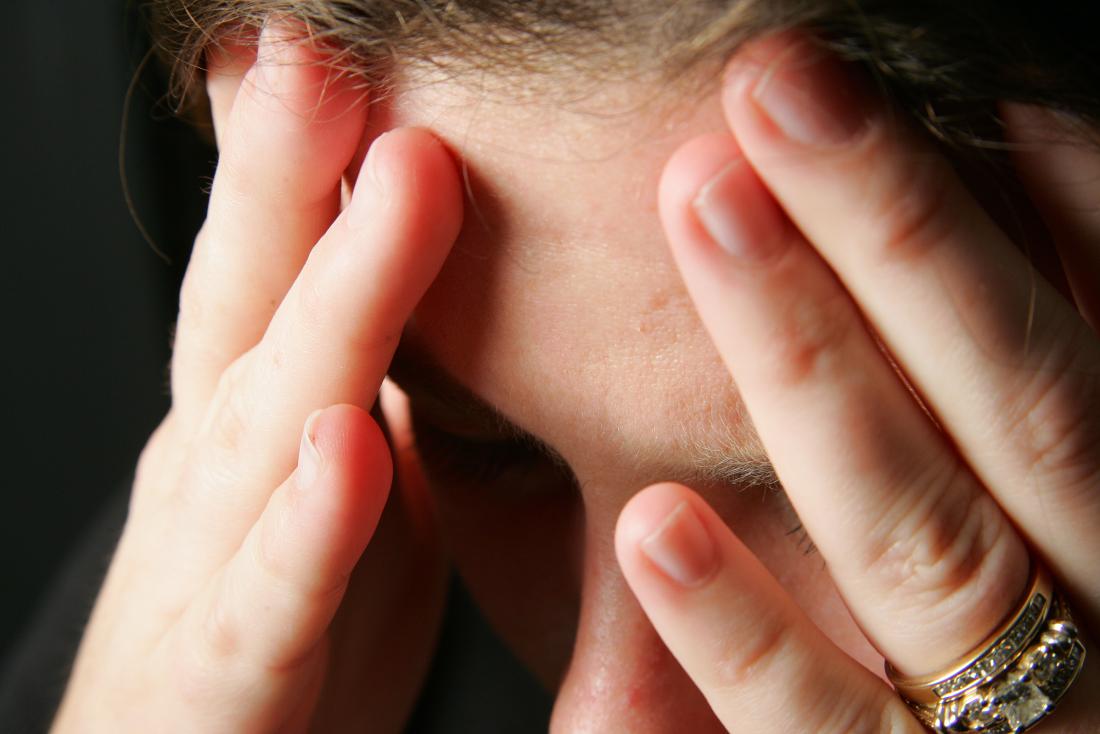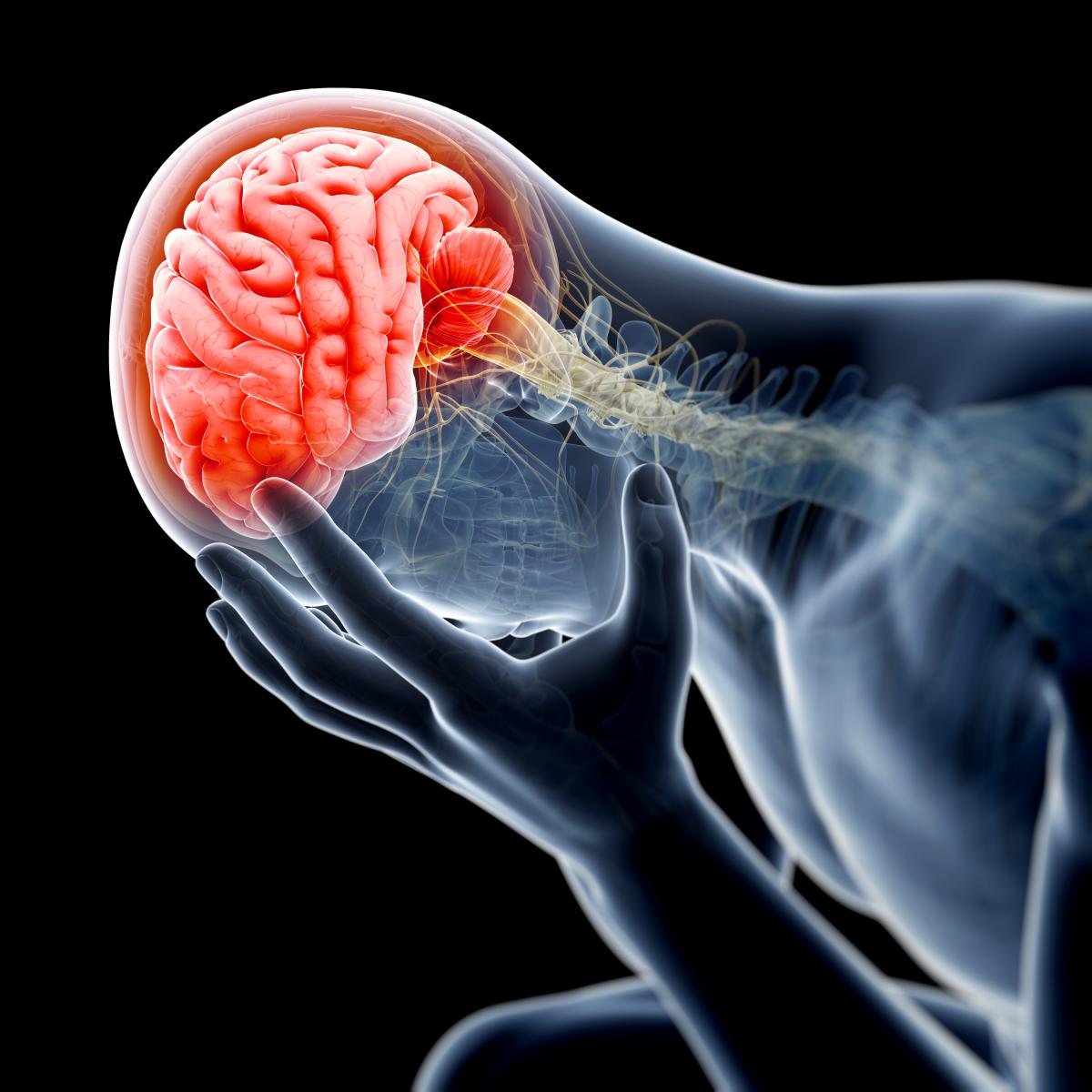
#HEAD TRAUMA FREE#
ensuring your home (or those of elderly relatives) are free of trip hazards that could cause a fall, such as loose carpets or unnecessary items on the floor. It can be difficult to predict or avoid a head injury, but there are some things you can do to reduce the risk of serious injury. Read more about complications after a severe head injury. This can sometimes lead to brain damage, which can be temporary or permanent.Ī severe head injury can also cause other potentially serious complications, including:Īround 1 in every 2,000 people who attend an A&E department with a head injury dies as a result of their injury. ComplicationsĪ severe head injury can result in pressure being placed on the brain because of bleeding, blood clots or a build-up of fluid. Read more about how a severe head injury is treated and recovering from a severe head injury. When you're discharged from hospital, your doctor will advise you on the best way to help your recovery when you return home. However, a small number of those admitted to hospital require skull or brain surgery. Most people are able to go home within 48 hours. breathing support (ventilation) or brain surgery. running tests to check for further damage. observing the condition for any changes. Severe head injuries always require hospital treatment. Read more about how severe head injuries are diagnosed. If you have a severe head injury, you’ll be closely monitored and frequently reassessed to check your condition. Some people with significant head injuries have a high GCS score initially, but their score decreases when they're reassessed at a later stage. If a person has a severe head injury, they'll have a score of 8 or less. A score of 9 to 12 would be a moderate head injury. This is a scale from 3 to 15 that identifies how serious your head injury is, based on your symptoms and whether the brain has been damaged (with 3 being most severe and 15 the least severe).Ī GCS score of 13 or above would indicate a minor head injury. The Glasgow Coma Scale (GCS) is often used to assess head injuries. If you’ve had a severe head injury and there’s a chance you may have a brain injury, you’ll have a computerised tomography (CT) scan to assess the seriousness of the injury. the injury wasn't accidental – for example, you deliberately hurt yourself or someone else hurt you on purpose. the person has been drinking alcohol or has taken drugs. the person has had previous problems with uncontrollable bleeding or a blood clotting disorder, or is taking medication that may cause bleeding problems, such as warfarin. the person has had previous brain surgery. the injury was caused by a forceful blow to the head at speed, such as being hit by a car or falling one metre or more. You should also go to hospital if someone has injured their head and: 
Alternatively, take them immediately to your nearest accident and emergency (A&E) department. difficulty with walking or co-ordinationĭial 999 immediately to request an ambulance if you're with someone who experiences any of these symptoms after sustaining a head injury.sudden swelling or bruising around both eyes or behind the ear.blood or clear fluid coming from the ears or nose.problems with the senses – such as hearing loss or double vision.


concussion – a sudden but short-lived loss of mental function that occurs after a blow or other injury to the head a person with concussion may have a glazed look or appear confused, but won’t necessarily be unconscious.unconsciousness – where a person has collapsed and is unresponsive, even for a brief period of time.Symptoms of a severe head injury can include: This topic focuses on severe head injury. Severe head injuries require immediate medical attention because there's a risk of serious brain damage.







 0 kommentar(er)
0 kommentar(er)
